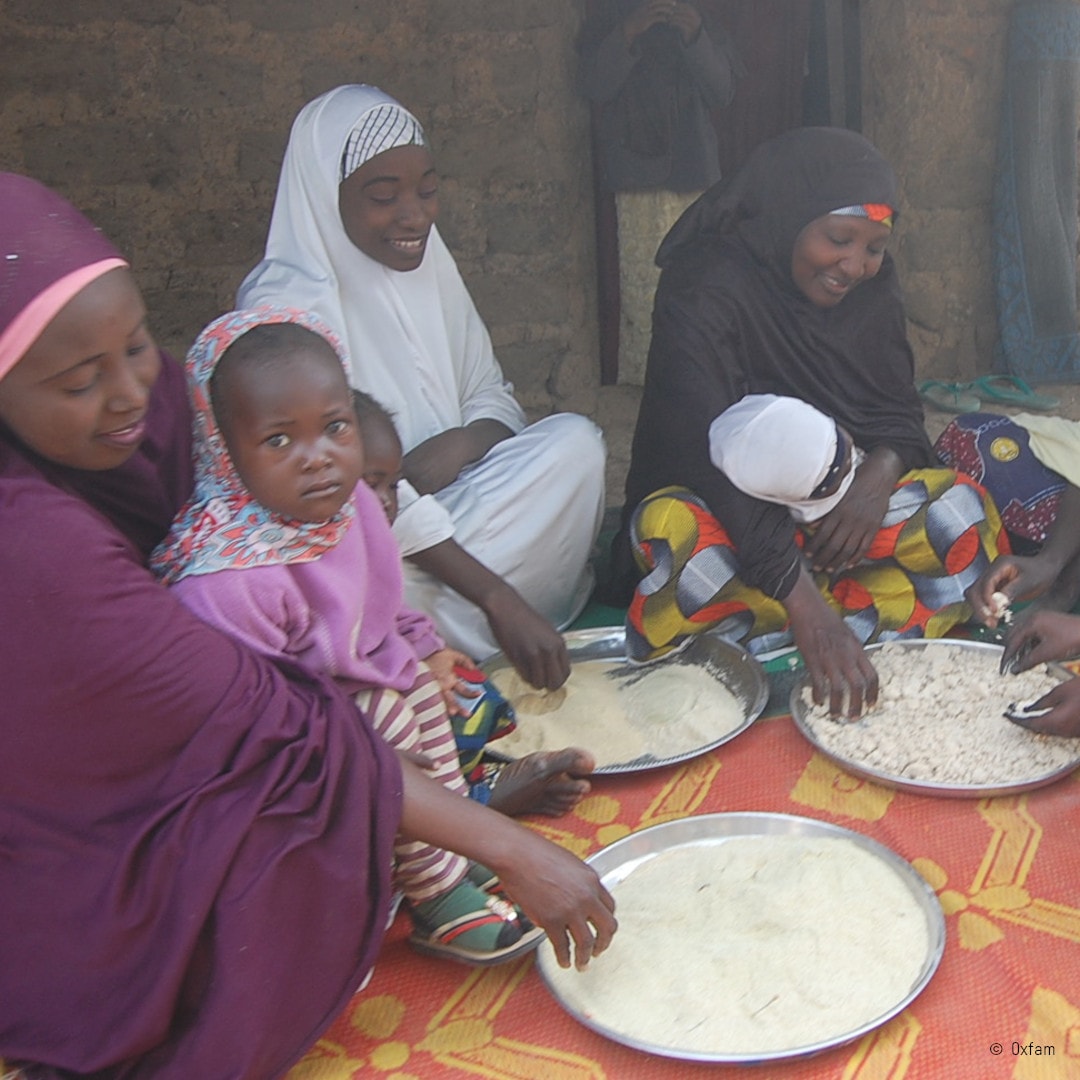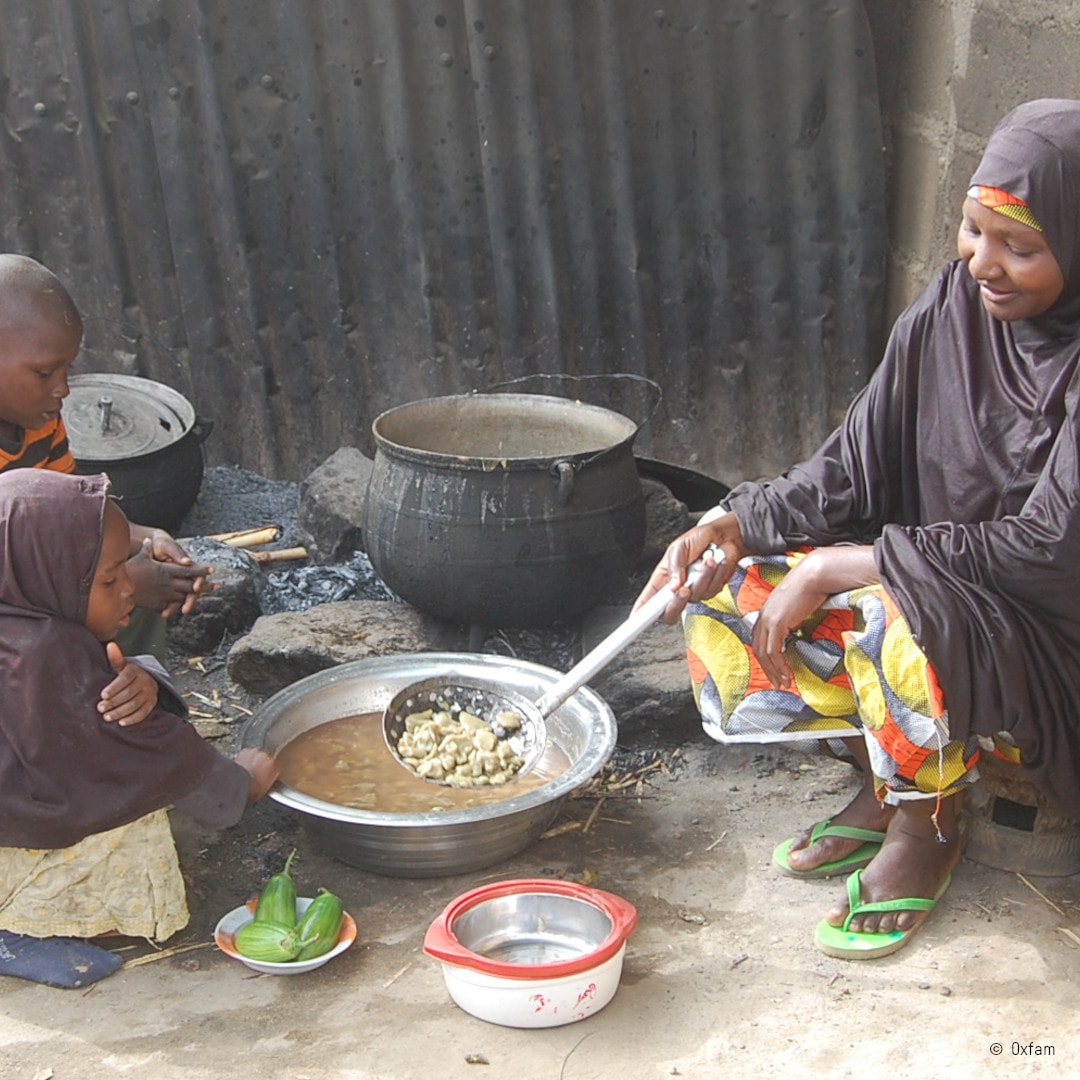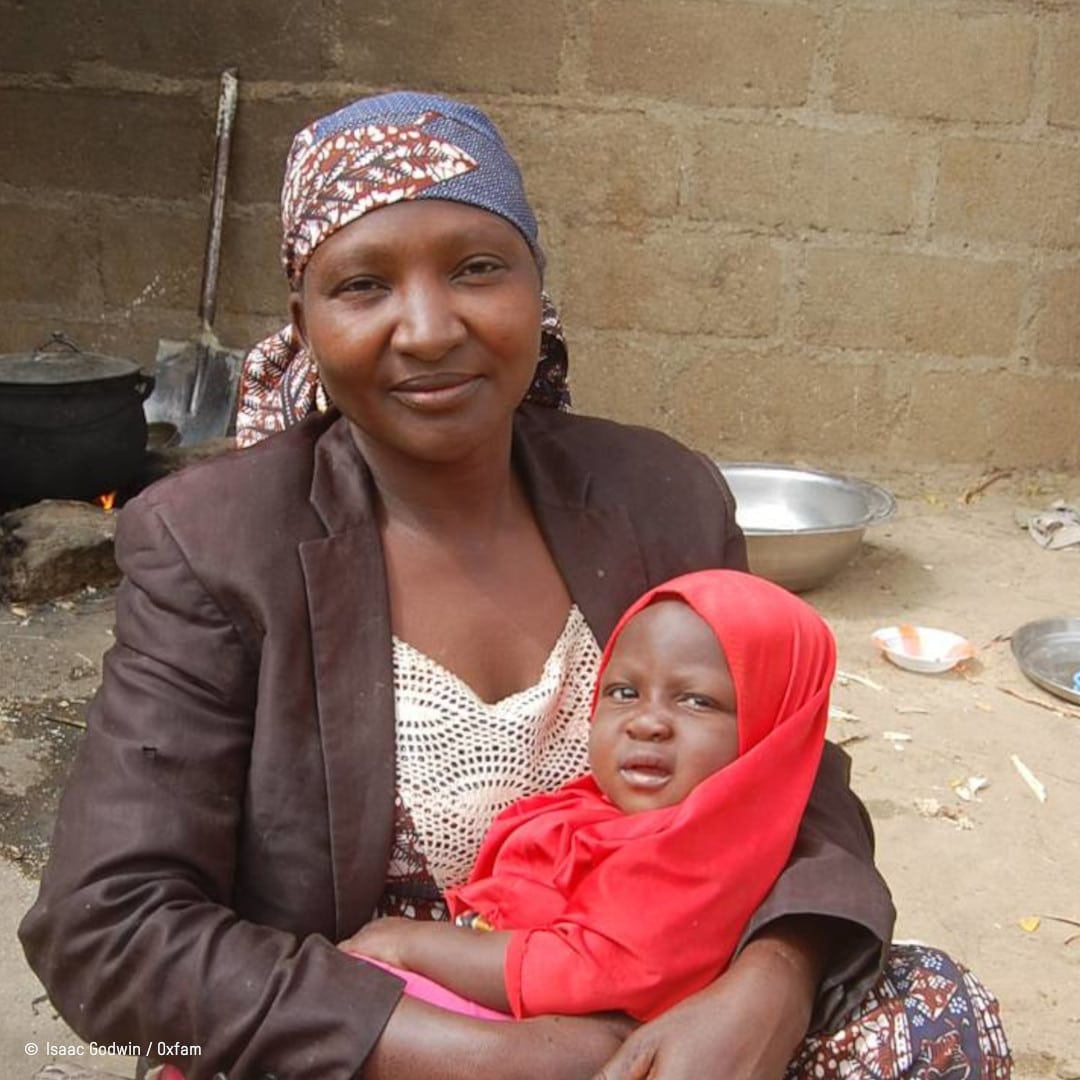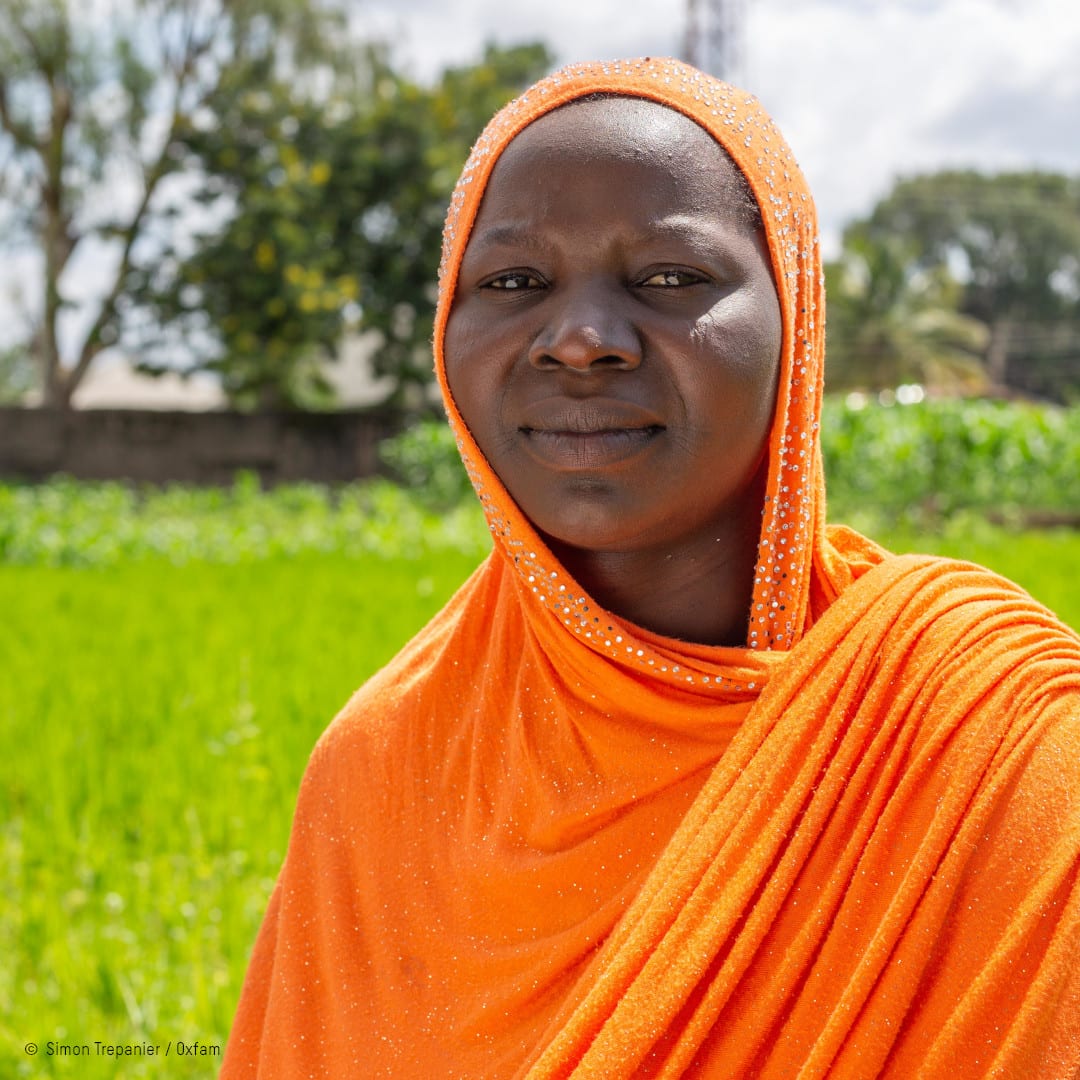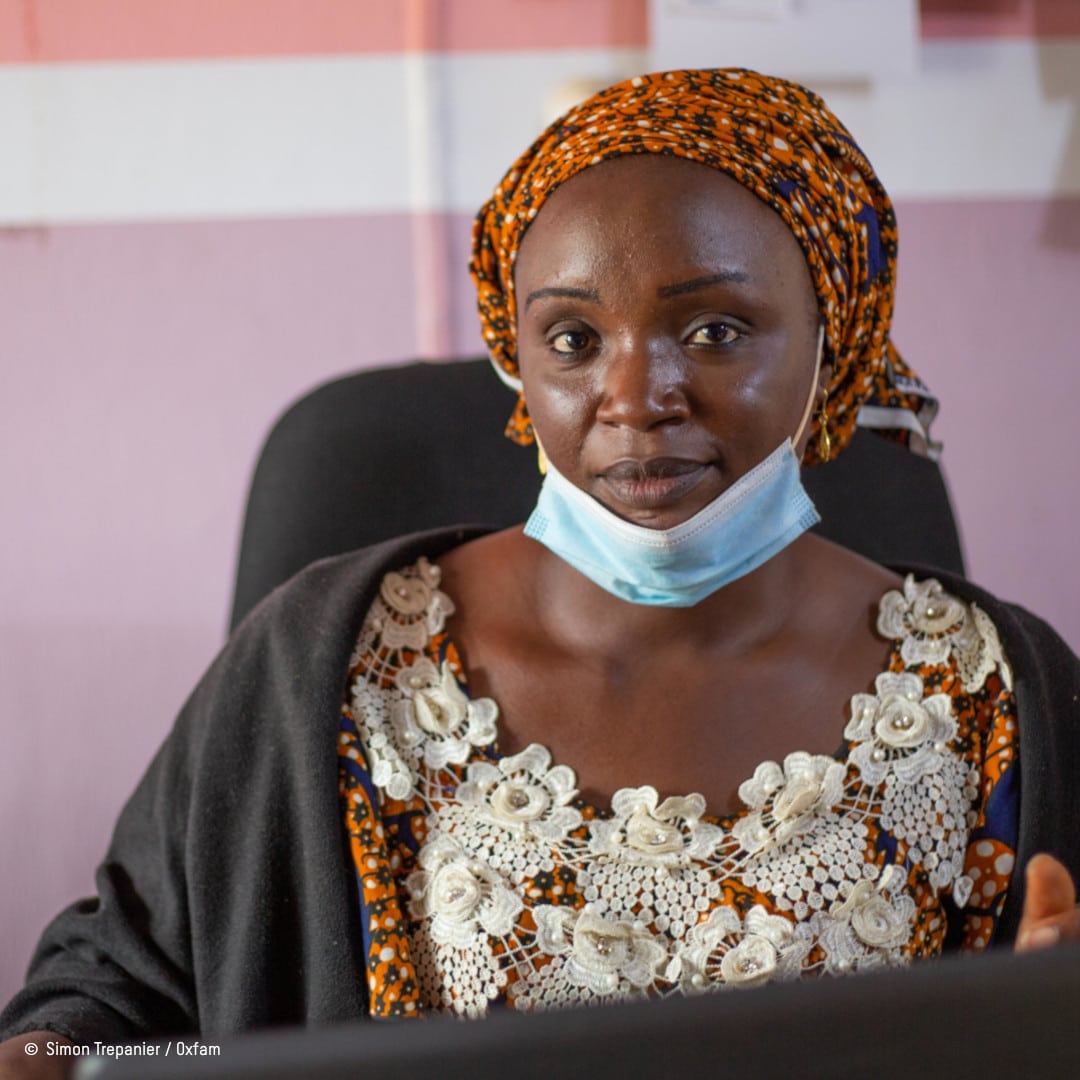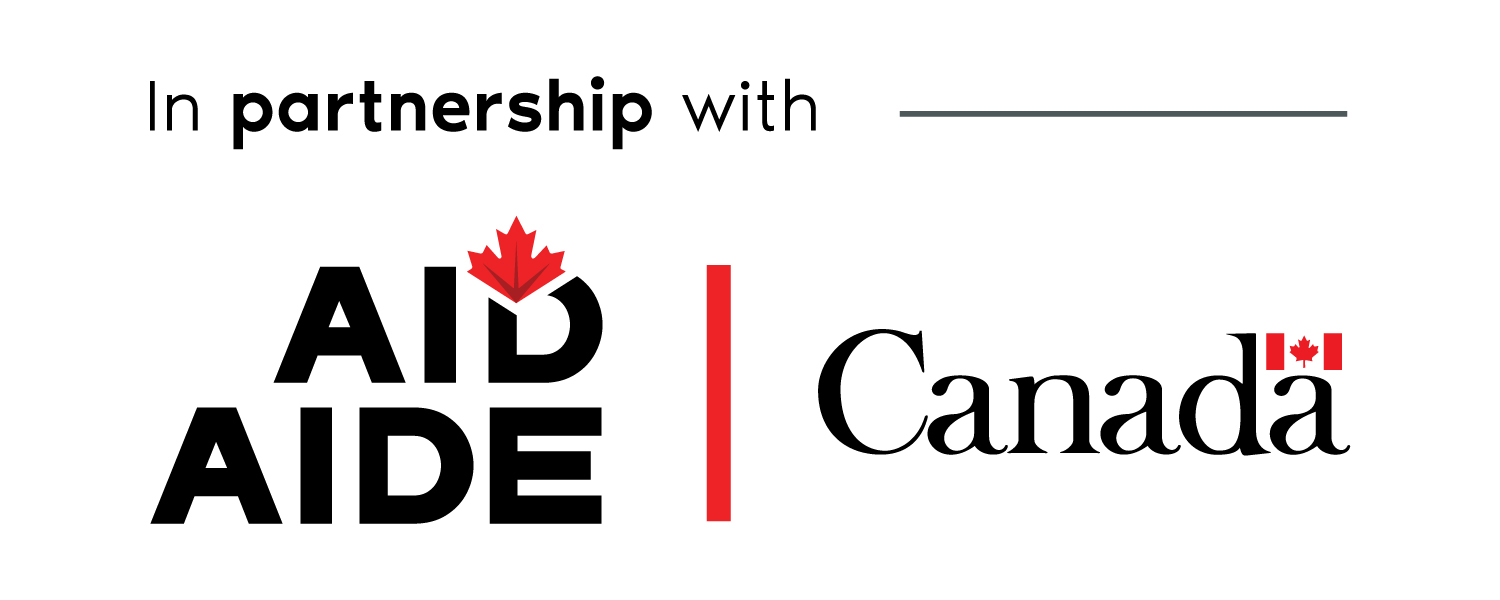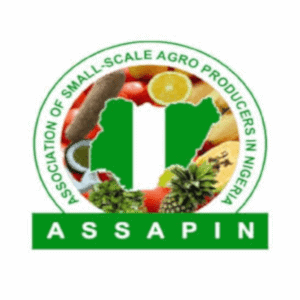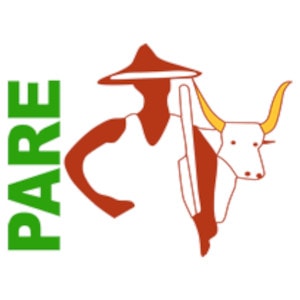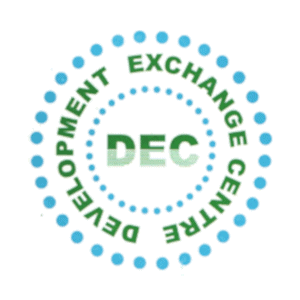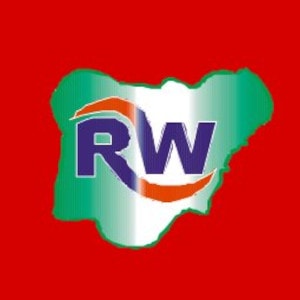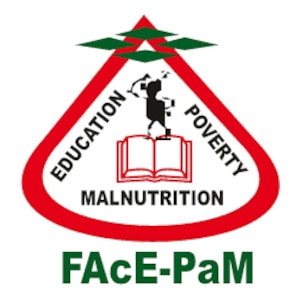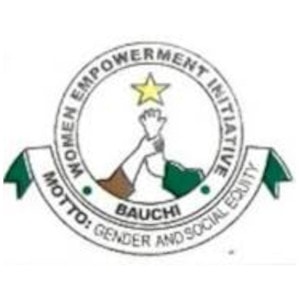NIGERIA: Supporting Agriculture and Nutrition
Make a donation
In Nigeria, low crop yields have a significant effect on residents’ diet. Families in the Bauchi region, in particular, have difficulty meeting their basic food needs. Supported by its partners, Oxfam-Québec is supplementing agricultural production and helping to improve children’s diets. This support includes educational programs, the completion of training sessions, and assistance for agricultural cooperatives.
The Livelihoods and Nutrition Empowerment (LINE) project in numbers:
14,000 families
(60% women)
Bauchi State
(Northern Nigeria)
2016 – 2022
(6 years)
Insufficient harvests to ensure the survival of families
In Bauchi State, almost 85% of the population – or 4 million people – earns a livelihood through agriculture. However, crop yields are low and generate little income. The death rate in this region is nearly twice the national average. This sad reality primarily impacts children under the age of five, with undernourishment and malnutrition as the main causes.
In a region where agriculture cannot ensure the survival of its citizens, it’s imperative that sustainable change strategies be put in place. On the one hand, mechanisms must allow smallholding producers to lift themselves out of poverty; while on the other, families must use the tools available to them to reduce infant mortality, particularly in newborns.
The consequences of the pandemic in Nigeria
Nigeria, the most populous country on the African continent, is also one of the most affected by the coronavirus. Despite the country’s great wealth in natural resources, the per capita income is still among the lowest in Africa. In addition, the health system is ill-equipped to deal with the situation and the majority of the population lacks access to basic care and services.
The pandemic-related measures have had a devastating effect on the country’s economy. Prices are rising and even the most basic commodities are becoming increasingly difficult to find. Small-scale farms are particularly vulnerable because they have little capacity to adapt. This is further proof that COVID-19 is indeed “the virus of hunger“.
Improve family nutrition, especially for infants
“Through the trainings, I learned that breast milk contains antibodies that help the baby fight diseases. My daughter Maryam did not suffer from diarrhea and pneumonia like other children. The water we use for purees is not good enough for newborns who are more fragile than us. It is striking how babies who are exclusively breastfed for the first six months, without any other food, have fewer infections, respiratory diseases and diarrhea.”
Lantana, 37 (Nahalo village in Ningi)
With our local partners, we organize information activities to develop the mothers’ nutritional knowledge. They are also accompanied in the creation of a family vegetable garden to diversify the food available.
Major awareness campaigns are conducted on exclusive breastfeeding for the first 6 months of life. Even though breast milk provides all nutritional needs, the majority of Nigerian parents are unaware of it.
Dignified and sustainable livelihoods
The project provides access to land, but also to seeds and fertilizers that respect the environment. It supports communities in raising poultry and goats, as well as in cultivating family gardens and vegetable plots.
In addition, Oxfam accompanies farmers to increase their agricultural skills and enable them to organize themselves into cooperatives through training.
The implementation of these solutions allows families to have access to healthy food in large quantities, to promote their food autonomy and to generate income.
Food safety through sustainable processes
The project led by Oxfam-Quebec, in partnership with 7 organizations, gives a special place to women and youth. To strengthen food security in the region, the actions implemented allow for the optimization of agricultural activities, the acceleration of cooperative development and the improvement of infant nutrition in particular. By 2020, the following has already been achieved:
Creation and support of 818 agricultural and agri-food cooperatives
Establishment of community gardens in 80 villages
Held 1,500 trainings on nutrition, agricultural management and governance, and agricultural production techniques
Distribution of environmentally friendly seeds and fertilizers to over 12,000 farming families
Creation of 60 processing centers for agricultural products
Holding trainings on gender issues and equal access to food
Make a donation
The point of view of Lantana, Mary and Abigael
To go further
Discover other international projects
Consult offers of available mandates
Make a donation to support our projects

